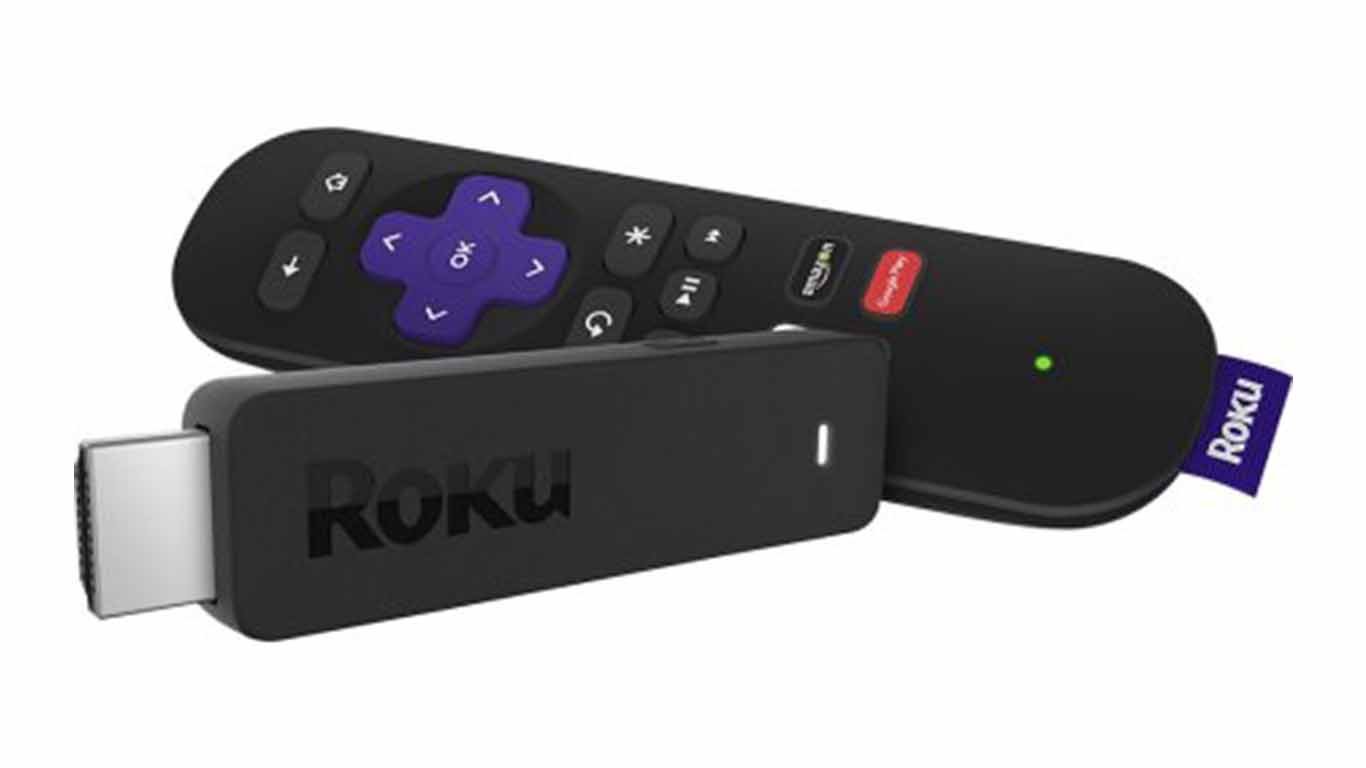Media
Have Earnings Propelled Roku Stock Beyond Its Potential?

Published:

Roku Inc. (NASDAQ: ROKU) was supposed to be in trouble. It was going to be knocked out of existence by the streaming operations of Amazon.com Inc. (NASDAQ: AMZN), Netflix Inc. (NASDAQ: NFLX) and a small army of other competitors.
However, those worries took a back seat as Roku reported earnings. Revenue growth was strong. Suddenly, its prospects do not look so dim.
During the first quarter, Roku trounced Wall Street expectations. It even beat its own forecasts for both revenue and earnings before interest, taxes, depreciation and amortization (EBITDA). Active accounts reached 39.8 million, which was up 37% from the year earlier. Streaming hours, an indication of subscriber engagement, shot up 49% to 13.2 billion.
Revenue for the period reached $321 million. The Roku platform produced revenue of $233 million, and the Roku streaming media service had revenue of $88 million. Adjusted EBITDA was a loss of $16 million.
Management made a bullish but perhaps insensitive comment about the future:
Although the Streaming Decade began differently than anyone could have imagined, we are confident the fundamental shift to streaming will continue, perhaps even faster than previously expected.
Roku’s earnings reveal two things about the company. The first is that it is at least holding its own in the media streaming services business. Part of this is built on delivering shows people want to watch. Recently, Roku started to offer programs in Spanish.
The other is that Roku continues to attract the growing number of cord-cutters. These are people who have abandoned cable television and stream video over broadband in its place. The cable model included premium channels people pay for.
The COVID-19 pandemic already has boosted the earnings of companies like Netflix and newer streaming platforms like Disney+. Roku management assumes some of the same benefits:
Over the longer term, not only do we believe that the trends that we expect to define the streaming decade will remain intact, but changes brought on by the COVID-19 pandemic may even accelerate Roku’s path to greater platform scale.
One of Roku’s advantages in future quarters is that it is neutral about what content it delivers — at least if it makes money. It differs from exclusive channels like Disney+ or the new HBO Max. These two only offer programs from their own libraries.
Roku has over 500,000 TV programs and movies, which includes content from Netflix and Disney+. While Roku competes with them for market share, it is a distribution channel for some of its competition. While the model is a mongrel, it works.
To add to the number of streaming services it offers, Roku is in conversation with WarnerMedia about HBO Max. WarnerMedia plans an extensive marketing campaign for the launch. This will benefit any partners who carry it. Thus, Roku will be helped by the investment of another company.
Hulu, another one of the largest streaming services, is likely to set a partnership with Roku as well.
Roku built its first hardware alternative to the set-top box in 2008. It did not go public until September 2017. On the first day of trading, the shares, which were priced at $14, rose to $23.50. Despite some ups and downs since that initial public offering, shareholders have been richly rewarded recently.
In the past two years, the stock is up 182%, compared to 8% for the S&P 500.
Of the two figures in a tech company profit and loss statement, the most obviously important are revenue and net income. Roku has excelled at revenue and disappointed at the bottom line. While future earnings might satisfy Wall Street even if revenue growth slows, ongoing losses could kill the stock’s rise long term.
In 2016, Roku had revenue of $398 million. Last year, that number reached $1.13 billion. However, Roku has had net losses during each year through the period. Last year, the net loss reached $60 million.
Roku needs to begin to make money this year, or the disappointment is bound to increase speculation about whether it can ever make money.
Roku’s revenue is being pushed in two directions, which makes a forecast about both revenue and profits difficult. Pandemic driven viewership is up. However, advertisers on the Roku platform have cut budgets due to the collapsing economy. Investors may not know the balance of these trends for another two or three quarters.
Analysts have started to line up on one side or another of the argument over whether streaming revenue can offset a drop in ad sales. Guggenheim analyst Michael Morris recently downgraded the stock from a Buy rating to Neutral. His comment was that the stock had a valuation that had gotten ahead of probable results.
Morris’s opinion reflects the push and pull of revenue mix that will be the hallmark of composition of future earnings.
Want retirement to come a few years earlier than you’d planned? Or are you ready to retire now, but want an extra set of eyes on your finances?
Now you can speak with up to 3 financial experts in your area for FREE. By simply clicking here you can begin to match with financial professionals who can help you build your plan to retire early. And the best part? The first conversation with them is free.
Click here to match with up to 3 financial pros who would be excited to help you make financial decisions.
Thank you for reading! Have some feedback for us?
Contact the 24/7 Wall St. editorial team.